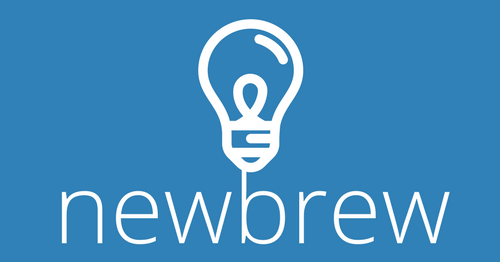This past week, I’ve seen a flurry of news reports about how the mobile phone services industry is reacting to a problem before any government action is taken. On what you ask? Sticker shock! It seems that as we (all of us) have become more and more dependent on our mobile phones, the more we have forgotten what services plans we have with our mobile carrier causing many to receive high bills and associated anxiety. But, before Washington hits us all with more regulation, the carriers have decided to start sending out warnings when plan services are exceeded.
Some of the stories I’ve seen on the news just this week are completely ridiculous. One was about a young girl who sent over 10,000 text messages in one month. Here’s one I just read. A Florida woman allowed her two deaf mute brothers (on her plan) to take their phones to Canada for a two week trip where they sent over 2,000 text messages and used data constantly. Their normal bill of $175 per month shot to over $200,000. Here’s the full story. http://tinyurl.com/3fetyrm.
This happens to all of us. I’m a seasoned international traveler. I’ve seen bills of up to $3,000 in a month and that’s with just phone usage, no text messages, no data. This past December, I forgot to put my iPhone in “Airplane Mode” when I landed in Hong Kong. Six hours later in Manila, I realized my mistake and turned it off. The cost? An additional $250 just for six hours of data usage in Hong Kong and in Manila. For that same trip, my Blackberry, used on T-Mobile, rang up another $1,000 in charges, all data. But, I covered it with company funds. Never the less, that’s $1,000 that could have gone elsewhere as I didn’t need that much convenience related to email.
There are ways business people can avoid these charges. First, don’t use your mobile phone internationally unless you’re really that important. And if you’re really that important, you can afford the charges. I traveled internationally for years without a mobile phone and survived. I used a calling card after a work day and had short chats with my family.
If you want to feel connected to home while traveling abroad, there are ways to avoid charges. First, sign up for a Skype account. You can use it on your computer and on iPhone and Android phones. Before you leave the US, turn off your mobile radio and leave on just wifi. When you get settled in your new location, find wifi (it’s everywhere, even in the third world.) Pay for service and then use Skype on your phone to reach someone using Skype on their computer back home. If you really want to enhance your business life, add a Skype subscription covering the US and Canada for only $4.99 per month. An online number from Skype adds another $50 or so per year. You can then make outbound calls with Skype on your mobile and people can call you back. If you’re offline, the calls go to voicemail. Before you leave home, forward your mobile calls to your Skype number. When you’re back home, forward your Skype calls to your mobile.
If all of that is too hard, just buy a block of Skype usage. When it’s gone, you fill it up again.
Here’s another little known secret. Many T-Mobile phones support UMA or unlicensed mobile access. UMA enabled phones allow for logging in to the carrier via wifi. I love this feature. When I’m abroad, I bring an Apple Express Base Station along – http://www.apple.com/airportexpress/. I plug it into the wall in my hotel room and then plug the Ethernet cable into the it. First, I use my computer to authenticate Internet services. My UMA enabled Blackbery already recognizes the router and connects via wifi, I keep the mobile radio off. Then my Blackberry logs in to T-Mobile in the USA and I’m live with my phone, from anywhere, just as if I were in the USA. I’m not roaming at that point. This works with any wifi internet connection. However, you do need reasonable bandwidth to have a good call. Many of the new Android phones at T-Mobile support UMA.
If you don’t want to worry with Skype, try Google Voice in Gmail. You can make outbound calls back to the US for free. People can’t call you. And, you’ll need to be on your computer. But, it’s free.
For normal people going abroad, just turn your phone off. Your mobile carrier will only forgive you 1 or 2 times. And there are so many other ways to keep in touch, for next to nothing.



